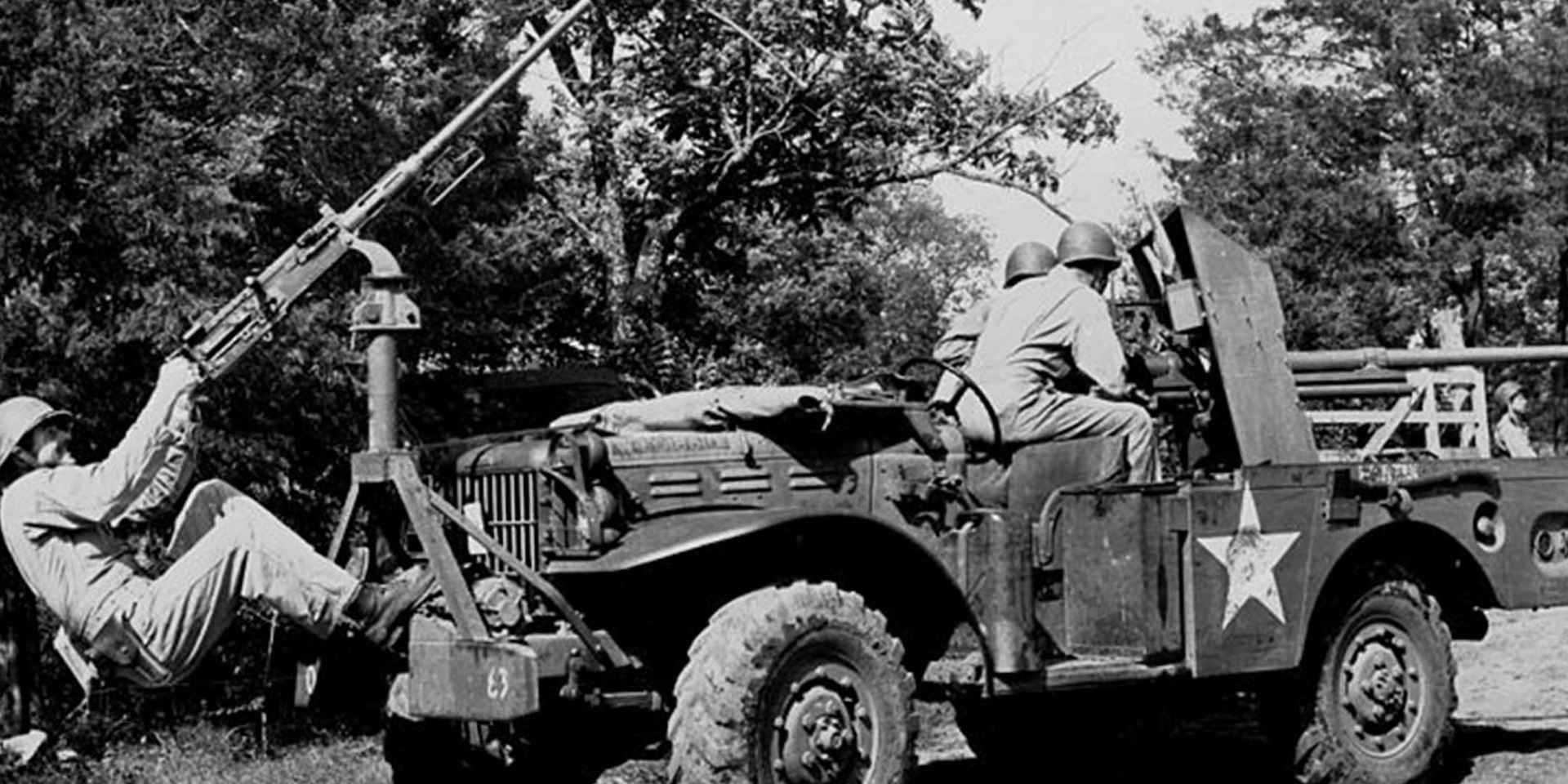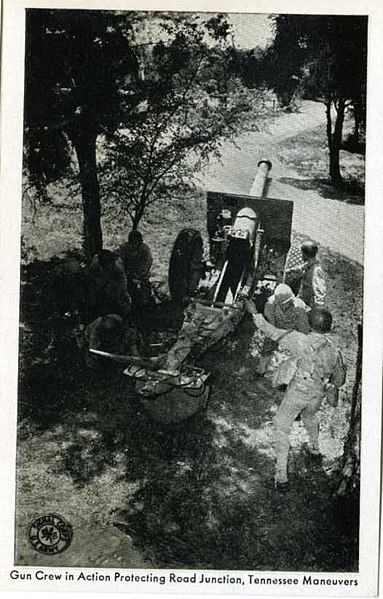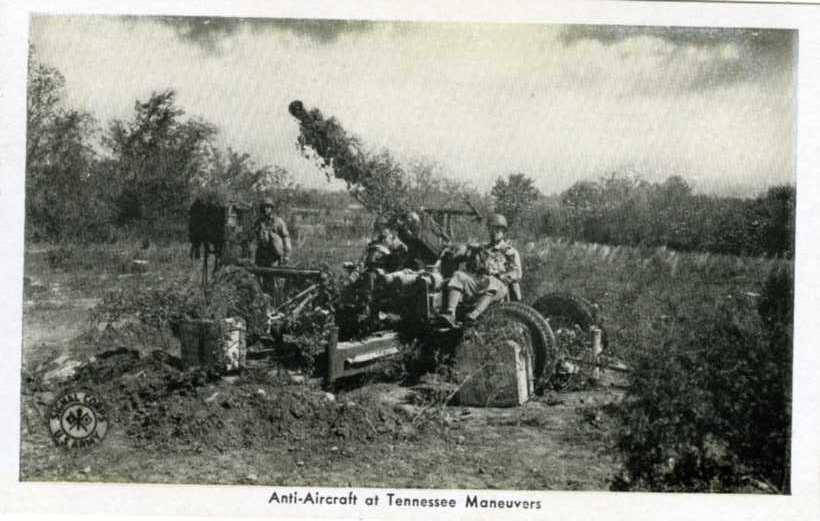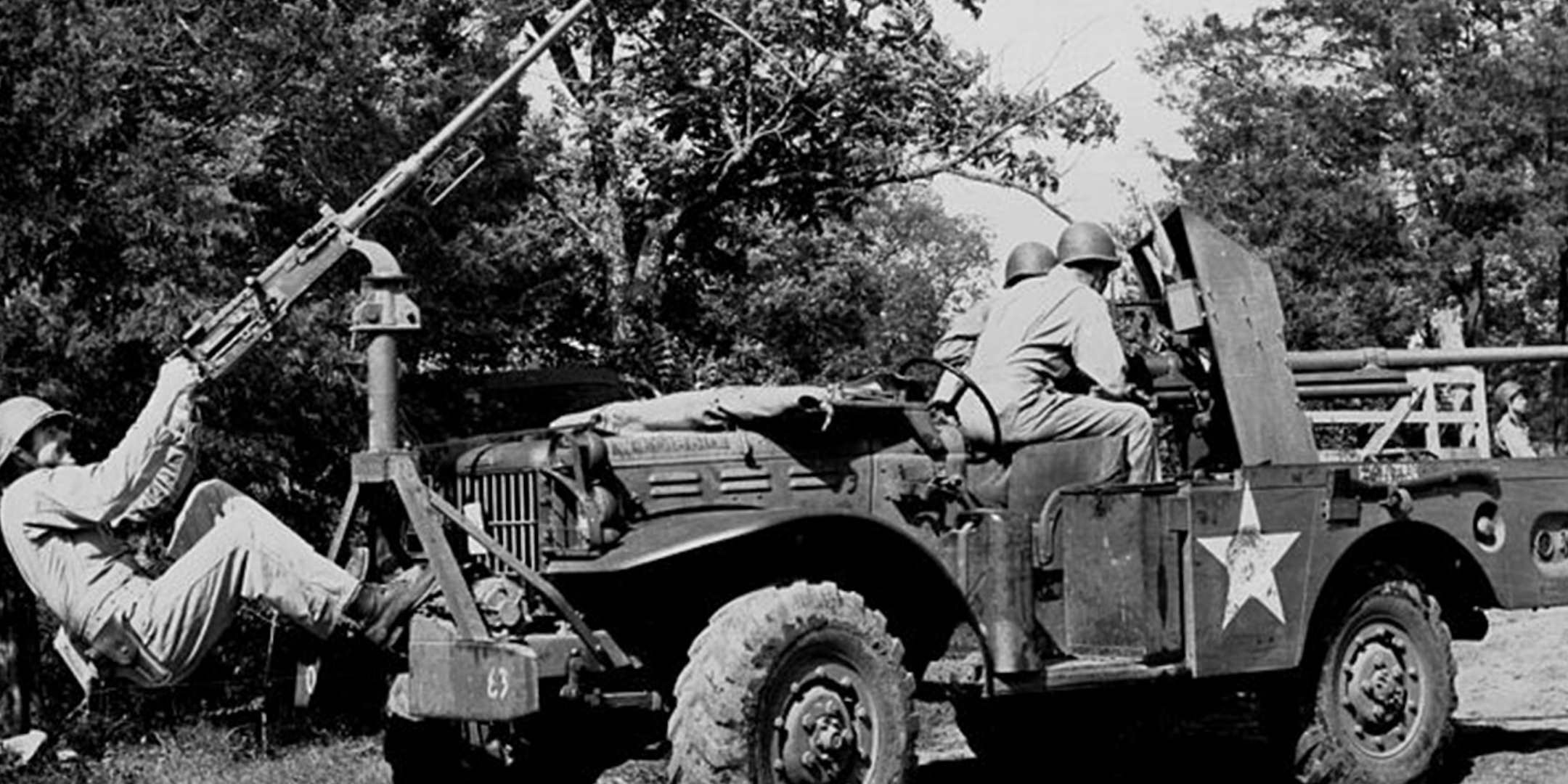Station Camp High School - Gallatin, Tenessee, USA
Student researchers from Station Camp senior high school that have undertaken this project based on life at the home front during the second world war, investigating the effects of the war on the work and people in Tennessee.
'Most Tennesseans didn't know ... until after the atomic bombs were dropped on Japan in 1945.'
Background
More than 300,000 Tennesseans served in the armed forces; the 5,731 Tennesseans who died in the war made the ultimate sacrifice. Six Tennesseans were recipients of the Congressional Medal of Honor… In 1941 the state bought over three thousand acres near Smyrna, which it cleared and leased to the federal government as Sewart Air Base. During June of the same year, Major General George S. Patton conducted armored maneuvers in Middle Tennessee. Despite Tennessee's preparations for the war, the state and the nation were equally shocked to hear the news of the Japanese attack at Pearl Harbor on December 7, 1941. The day that would “live in infamy” etched permanent imprints on American memories. Years later, Tennesseans would recall the exact moments when they first heard the news of Pearl Harbor. Tennessee servicemen were inducted at Fort Oglethorpe, Georgia, in the early stages of the war and later at Camp Forrest. Tennessee women, who joined the Women's Army Corps, trained at Fort Oglethorpe throughout the war. Women also joined the Navy WAVES, the Coast Guard SPARS, the Women Marines, and the WASPS or Women's Airforce Service Pilots.
Source: https://tennesseeencyclopedia.net/entries/world-war-ii/
Probably the first sign of the war era came to Nashville when Aviation Manufacturing Corporation of California (later to be called AVCO) announced plans to locate a large airplane manufacturing plant here. Two major military installations came to our city. The Army Air Classification Center was built on Thompson Lane at One Hundred Oaks. The Center processed air recruits, and determined their future training as pilots, navigators, or bombardiers. When Joe Werthan of Nashville’s Werthan Bag Company saw young soldiers in Centennial Park exposed to the cold weather one night in December of 1942, Joe decided to convert two old mansions on Elliston Place into the Werthan Service Men’s Center. He offered free dormitory space to thousands of service men.
Source: http://www.gcanews.com/neighborhood-nostalgia-nashville-during-the-years-of-world-war-ii/
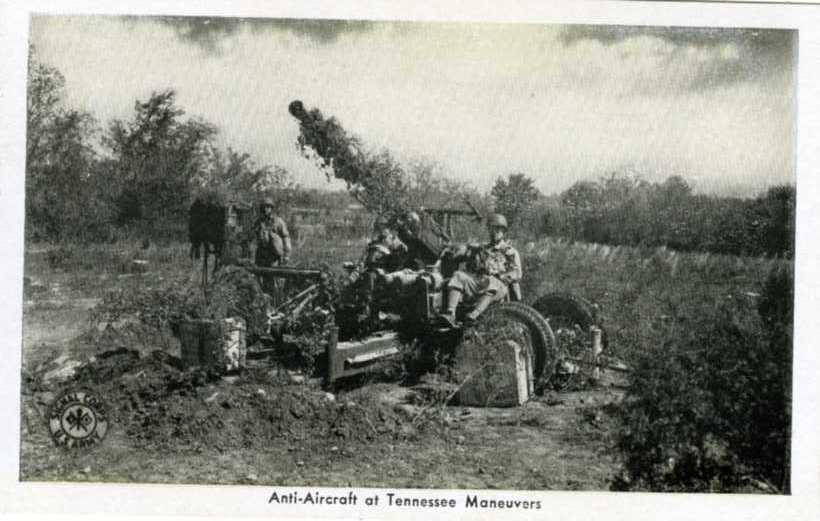
Most people do not know that there were prisoner-of-war camps in Tennessee during WW II. They were situated at Camp Forrest, near Tullahoma; Camp Campbell, near Clarksville; Camp Tyson, in Henry County; and Camp Crossville, in Cumberland County.
Camps Forrest, Campbell, and Tyson served as prisoner of war camps for German, Italian, and Austrian POWs through 1946. Prisoners were also held at Tellico Plains, Crossville, Memphis, Lawrenceburg, and Nashville.
Gerhard Hennes was a German officer who was captured in North Africa on May 13, 1943. Five months later, after short stays in a dozen different holding facilities, he entered the gates of Camp Crossville. He was imprisoned there for two years. After World War II, Hennes would become an American citizen and in 2004 published The Barbed Wire: POW in the USA. In it he gives a detailed description of life at Camp Crossville.
Source: http://www.tnmagazine.org/former-german-soldier-recalls-life-at-crossville-pow-camp/
Politics
In 1937 Prentice Cooper, who would be elected Governor of Tennessee in 1938, met Adolf Hitler during a Rotary tour of Europe and returned to Tennessee convinced that the United States would not be able to avoid war with Germany. During his administration Cooper encouraged Tennesseans to be ready for war, and the State established the Tennessee Defense Council in 1940.
Governor Cooper knew the importance of the National Guard and realized the poor quality of Guard facilities in Tennessee, so he asked the State legislature to appropriate more than $3 million for construction of new armories throughout the state. Through recruitment and training the Tennessee National Guard almost doubled in number of personnel before the guard was called to active duty in 1941 (Tennessee Adjutant General's Office 1944:23).
A Tennessean who played a very active role as a statesman in our country was Cordell Hull. He served our country well as Secretary of State from 1933 to 1944 under President Franklin D. Roosevelt. Before becoming Secretary of State, Cordell Hull was a United States senator from Tennessee.
Sources:
https://sos.tn.gov/products/tsla/tennessee-world-war-ii-guide-collections-tennessee-state-library-and-archives
http://www.gcanews.com/neighborhood-nostalgia-nashville-during-the-years-of-world-war-ii/
